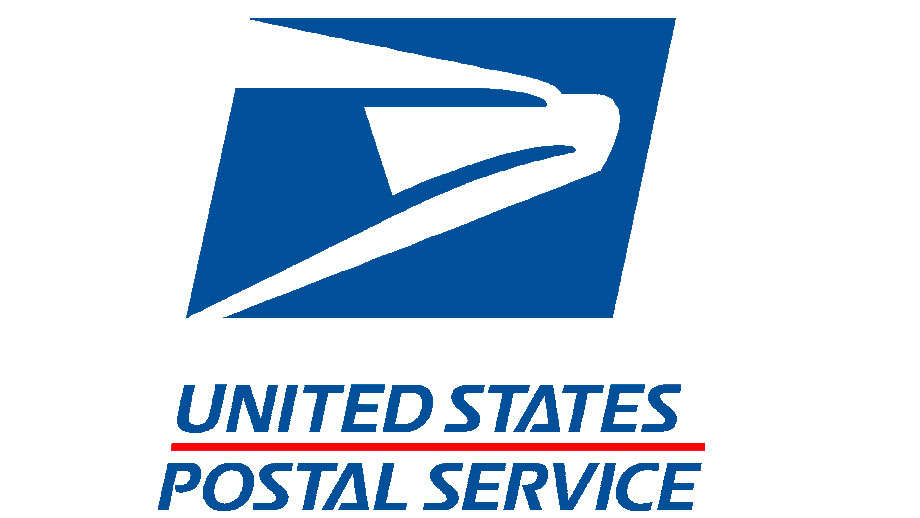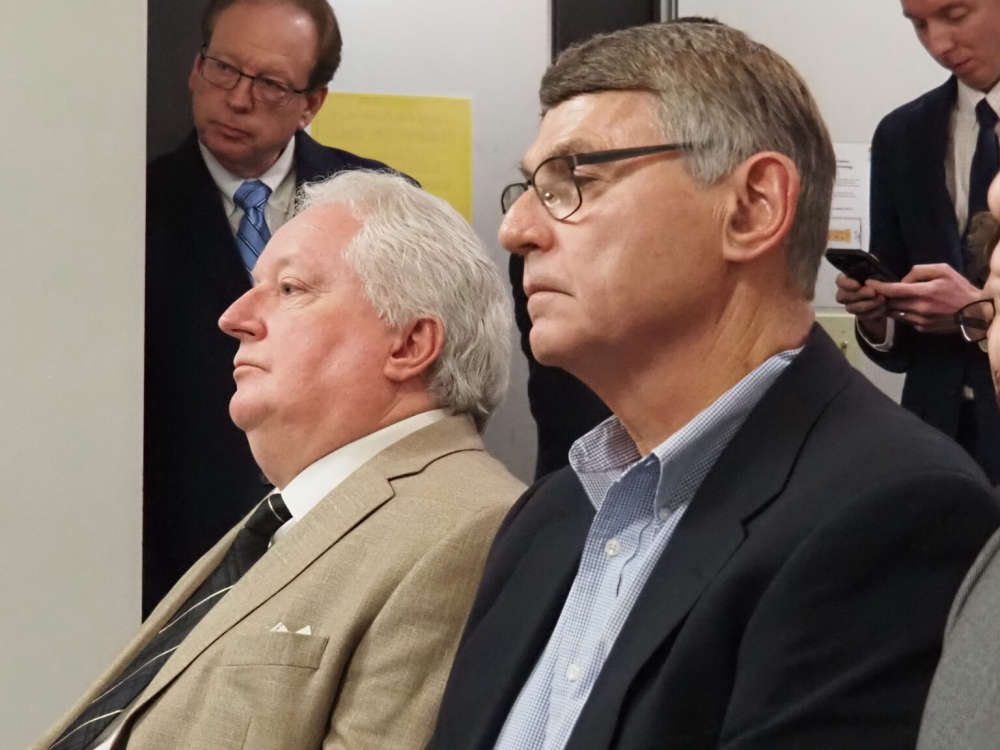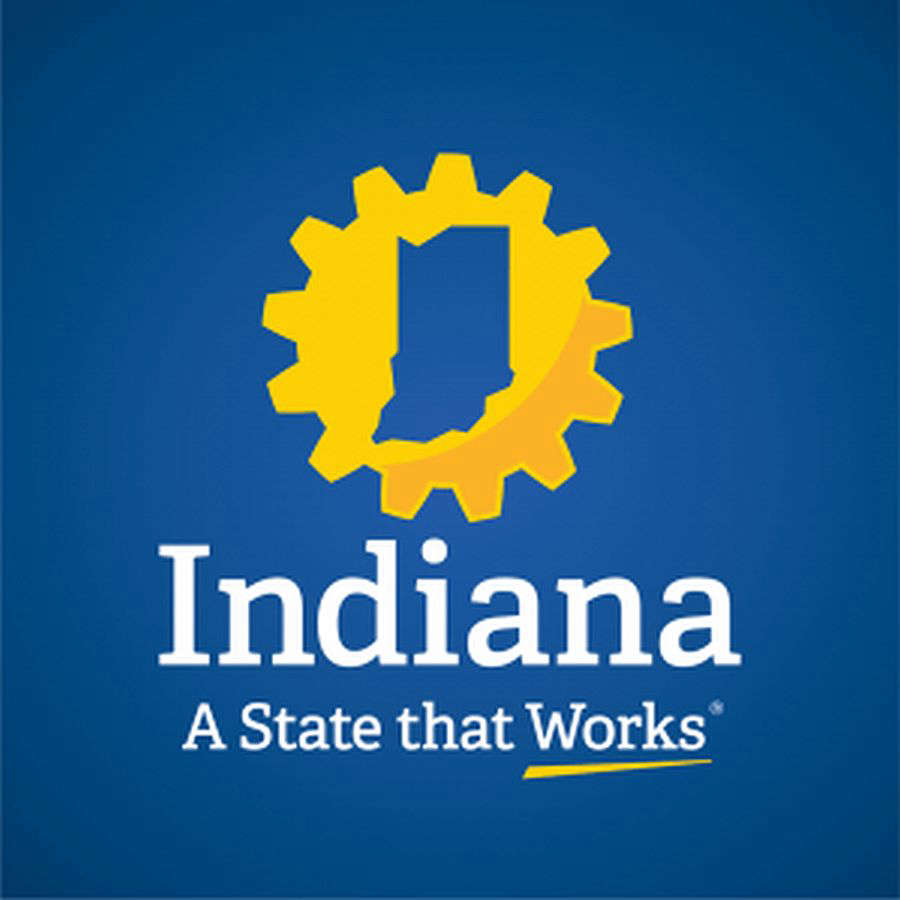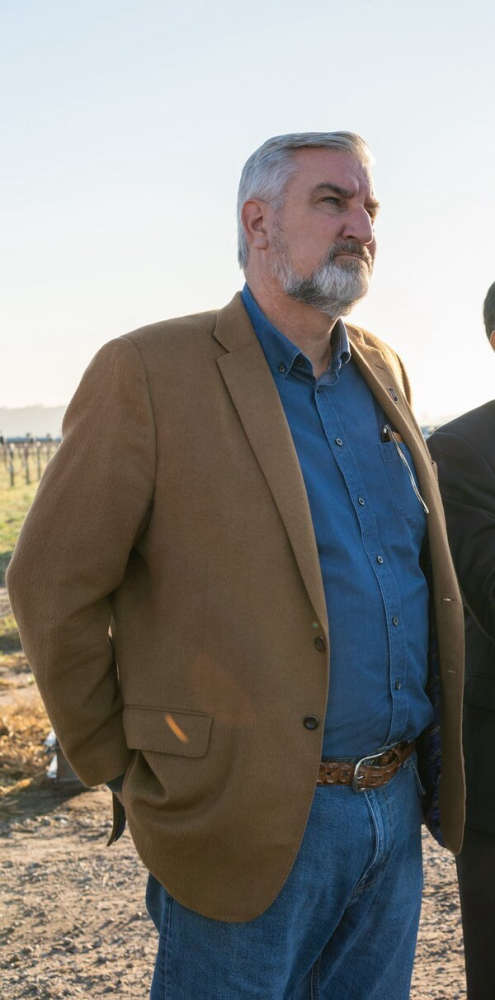
Governor Eric J. Holcomb announced plans to award $500 million to 15 regions representing all 92 counties to support quality of place and quality of life initiatives statewide.
The funding, made available through the expansion of the Indiana Regional Acceleration and Development Initiative (READI), was approved today by the Indiana Economic Development Corporation (IEDC) board of directors at a special session hosted by the governor and Secretary of Commerce David Rosenberg. READI 2.0 will grow the state’s overall program commitment to $1 billion, marking an unprecedented state-led investment in cultivating vibrant, modern and sustainable communities that attract and retain top talent.
“Indiana is leading the way in future-focused investments in our economy and in our communities, ensuring that all Hoosiers of today and tomorrow have the opportunity to prosper,” said Gov. Holcomb. “READI has already resulted in more than $12.6 billion invested in quality of place and quality of life assets. The second iteration of the initiative – READI 2.0 – along with additional committed investments from the Lilly Endowment, will bring billions more to Hoosier neighborhoods, preparing communities, industry and talent for the next generation and beyond.”
In February, the 15 regions submitted proposals for READI 2.0 funding, outlining each region’s vision for its future as well as growth strategies and action plans to improve its quality of life, quality of place and quality of opportunity. An external review committee evaluated the applications based on a variety of factors, including economic development potential, alignment with the state’s priorities, such as population growth, per capita income growth, growth in employment opportunities, educational attainment, housing units developed, childcare capacity and innovation activities as well as the level of focus on rural communities, and the degree of regional collaboration.
“Almost every conversation I have with a company, whether an established Hoosier business or a new company coming to the state, begins and ends with workforce,” said Sec. Rosenberg. “READI is an essential component for the state retaining and growing our population and workforce talent. Under the governor’s leadership, Indiana is investing an historic $1 billion to build vibrant and healthy communities that attract top talent, support families, cultivate innovation and entrepreneurship, and catalyze continued economic and job growth. Companies around the world are taking notice of this program, and the General Assembly’s investment in these areas has unquestionably been a business retention and attraction tool.”
This funding will build on the momentum of the state’s initial commitment to READI, which has yielded $12.6 billion (26:1 investment leverage ratio) in committed capital investments by public and private sources in Indiana’s communities. The 15 regions awarded funding through READI 2.0 will be eligible to access an additional $250 million grant awarded by Lilly Endowment Inc. (LEI) to enhance the impact of Indiana’s investments through READI, focusing on projects targeting blight reduction and redevelopment and enhancing Indiana’s vibrant arts and culture ecosystem. Much like other quality of place initiatives led by the IEDC, READI 2.0 and its expansion through LEI is expected to attract a minimum 4:1 match of local public and private funding. Based on the plans outlined in READI 2.0 applications, the state's $500 million investment alone is expected to yield nearly $11 billion overall invested in increasing the vibrancy and prosperity of Hoosier communities.
The regions and funding allocations are:
Accelerate Rural Indiana – awarded $30 million
Led by: Accelerate Rural Indiana Regional Development Authority
Counties: Decatur, Rush, Shelby + City: Batesville
Central Indiana – awarded $45 million
Led by: Central Indiana Regional Development Authority
Counties: Boone, Hamilton, Hancock, Hendricks, Johnson, Madison, Marion, Morgan, Putnam
East Central – awarded $35 million
Led by: East Central Indiana Regional Partnership
Counties: Blackford, Delaware, Fayette, Grant, Henry, Jay, Randolph, Wayne
Greater Lafayette – awarded $35 million
Led by: Greater Lafayette Commerce Community and Economic Development Foundation
Counties: Benton, Carroll, Fountain, Montgomery, Tippecanoe, Warren, White
Indiana First – awarded $15 million
Led by: Southwest Indiana Development Council
Counties: Harrison, Knox, Perry, Pike, Spencer
Indiana Uplands – awarded $30 million
Led by: Regional Opportunity Initiatives Inc.
Counties: Brown, Crawford, Daviess, Dubois, Greene, Lawrence, Martin, Monroe, Orange, Owen
North Central – awarded $35 million
Led by: North Central Indiana Regional Planning Council
Counties: Cass, Clinton, Fulton, Howard, Miami, Tipton
Northeast – awarded $45 million
Led by: Northeast Indiana RDA
Counties: Adams, Allen, DeKalb, Huntington, LaGrange, Kosciusko, Noble, Steuben, Wabash, Wells, Whitley
Northwest – awarded $45 million
Led by: Northwest Indiana Forum
Counties: Lake, Porter, LaPorte, Jasper, Newton, Pulaski, Starke
Our Southern Indiana – awarded $45 million
Led by: Our Southern Indiana Regional Development Authority
Counties: Clark, Floyd, Jefferson, Scott, Washington
South Bend-Elkhart – awarded $45 million
Led by: Northern Indiana Regional Development Authority
Counties: Elkhart, Marshall, St. Joseph
South Central – awarded $30 million
Led by: Southern Indiana Housing and Community Development Corporation
Counties: Bartholomew, Jackson, Jennings + Town: Edinburgh
Southeast – awarded $10 million
Led by: SEI READI Inc.
Counties: Dearborn, Ohio, Switzerland, Union, Franklin, Ripley (excludes city of Batesville)
Southwest – awarded $45 million
Led by: Southwest Indiana RDA (SWIRDA)
Counties: Gibson, Posey, Vanderburgh, Warrick
Wabash River – awarded $10 million
Led by: Wabash River RDA
Counties: Clay, Parke, Sullivan, Vermillion, Vigo
The READI 2.0 review committee includes: Marianne Cusato, Notre Dame Housing and Community Regeneration Initiative; Robert Gallardo, Purdue Center for Regional Development; Tom Guevara, Indiana Public Policy Institute; Will Hagen, Taylor University; Andrea Kern, Indiana Office of Community and Rural Affairs; Bill Taft, Local Initiatives Support Coalition; David Terrell, Ball State Indiana Communities Institute; and Brad Vogelsmeier, Urban Land Institute.
Now that investment allocations have been finalized, the IEDC will coordinate with each of the 15 areas to identify regionally significant capital and infrastructure projects for investment. In conjunction with these discussions, each region will identify specific projects focused on blight reduction and redevelopment as well as arts and culture initiatives for funding opportunities made possible with the support of Lilly Endowment Inc.


 INDOT prepared for severe weather, widespread flooding through weekend
INDOT prepared for severe weather, widespread flooding through weekend
 Legislation to provide FFA, 4-H students with excused school absences heads to governor
Legislation to provide FFA, 4-H students with excused school absences heads to governor
 USPS calls for customers to help prevent letter carrier dog bites
USPS calls for customers to help prevent letter carrier dog bites
 Attorney General says GM sold Hoosier drivers on using OnStar - then sold their data to raise rates
Attorney General says GM sold Hoosier drivers on using OnStar - then sold their data to raise rates
 Independent pharmacists urge lawmakers to adopt PBM bill
Independent pharmacists urge lawmakers to adopt PBM bill
 Financial aid available to schools to visit Indiana's state parks
Financial aid available to schools to visit Indiana's state parks
 Indiana celebrates Legacy Businesses, accepting nominations for Century, Half Century awards
Indiana celebrates Legacy Businesses, accepting nominations for Century, Half Century awards
 Former Indiana Governor Holcomb joins Doral Renewables board of directors
Former Indiana Governor Holcomb joins Doral Renewables board of directors




